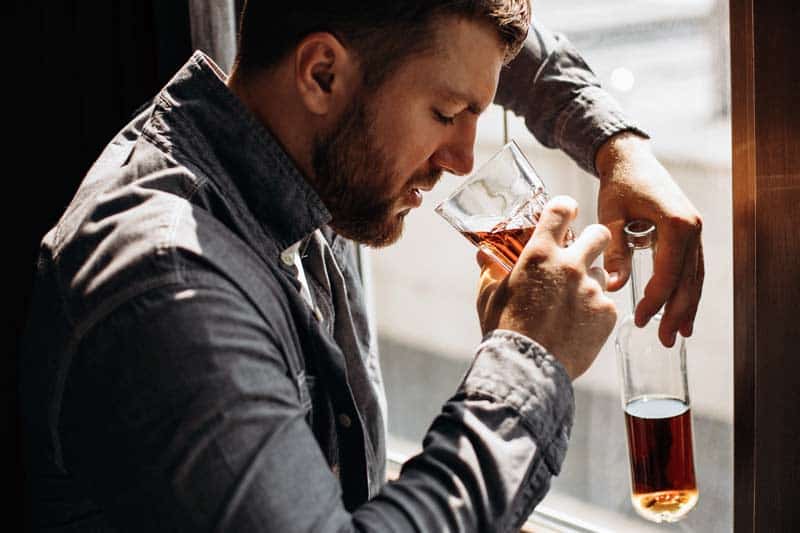Home »
Alcohol Rehab
 by Brooke Palladino | July 19, 2022 | Alcohol Rehab
by Brooke Palladino | July 19, 2022 | Alcohol RehabHow Does Outpatient Alcohol Rehab For Men Work?
In 2019, 7% of men had an alcohol use disorder. Also, almost 59% of men reported drinking alcohol in the…
 by Brooke Palladino | April 28, 2022 | Alcohol Rehab
by Brooke Palladino | April 28, 2022 | Alcohol RehabHow Do People Pay for Alcohol Rehab in Massachusetts?
7% of drinking adults have alcohol use disorder (AUD). This means they’re excessively drinking to a dangerous level.
 by Brooke Palladino | December 16, 2021 | Alcohol Addiction Treatment Program, Alcohol Rehab
by Brooke Palladino | December 16, 2021 | Alcohol Addiction Treatment Program, Alcohol RehabThe Guide to Alcohol Addiction in Massachusetts
The most recent statistics show that alcohol addiction has increased by more than 20% from 2002 to 2013.



